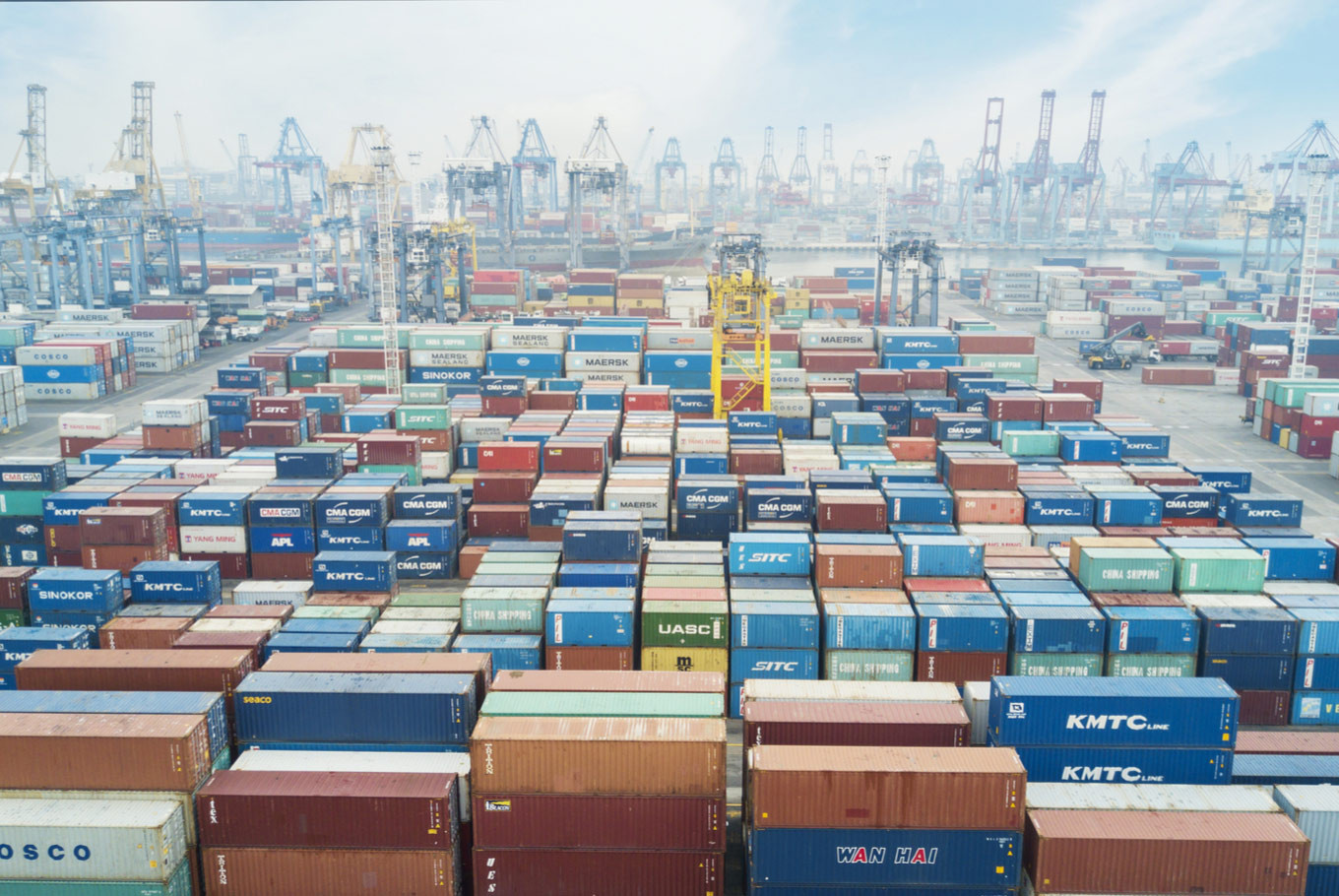Popular Reads
Top Results
Can't find what you're looking for?
View all search resultsPopular Reads
Top Results
Can't find what you're looking for?
View all search resultsExpediting customs clearance
E-governance will improve the collection of international trade data and, most importantly, virtually abolish physical contact between businesspeople and customs officers, which has long been the stage most vulnerable to corruption.
Change text size
Gift Premium Articles
to Anyone
C
oordinating Economic Minister Darmin Nasution should see to it that all government agencies involved in the bureaucratic process of import and export licensing and the handling of cargo at ports fully support the full-fledged implementation of electronic data interchange (EDI) through the internet by the Customs and Excise Directorate General starting this month.
The EDI, an electronic trade documentation system, will enable the exchange of data among all players in the import and export process (customs, and almost 20 other relevant government offices involved in seaport and airport handling, banks, shipping lines and freight forwarders).
Many other countries that have fully implemented the EDI have been able to cut the time it takes to complete customs clearance and the entire port handling process of cargo from as long as 10 days to a few hours and even to several minutes, such as at city-state Singapore through its TradeNet.
First of all, the EDI will facilitate the smooth flow of imports, which is vital for the domestic manufacturing industry because this sector heavily depends on imported materials and components.
E-governance will improve the collection of international trade data and, most importantly, virtually abolish physical contact between businesspeople and customs officers, which has long been the stage most vulnerable to corruption. The blunt fact is that for many decades until the early 2000s, the customs administration, like the tax authority, was notorious for corruption and many other practices of malfeasance.
We expect vested interests will put up strong resistance to the EDI implementation because this bold reform will eliminate the rent-seeking practices that had long built up within the old system. Hence, this program should closely be monitored by the minister. Even the President (Joko “Jokowi” Widodo), if necessary, should intervene to deal with any barriers to the EDI system, given its vital importance to strengthening the country’s economic competitiveness.
There are many other benefits of e-governance. The EDI also will minimize the risk of under-invoicing of imported goods. If importers can collude with customs officers and get away with declaring an invoice price a fraction of the real value of the goods, the importer pays lower import tariffs. A grossly corrupt customs service could result in an influx of undervalued finished goods on the domestic market and cause unfair competition with local manufacturers.
Moreover, no trade policy instruments would be effective no matter how well designed they may be if the customs service responsible for guarding the gateways (airports and seaports) remains venal and technically incompetent. There would never be any fair trade without an efficient, fairly clean customs service.
Put another way, the Indonesian economy will not be competitive and attractive to foreign investment if it is not well connected to the global value chain and the country will never be well connected to the global market if its logistics system is inefficient.
A clean, efficient and technically competent customs administration, besides adequate physical infrastructure, is the key to making the country an efficient part of the global value chain.










